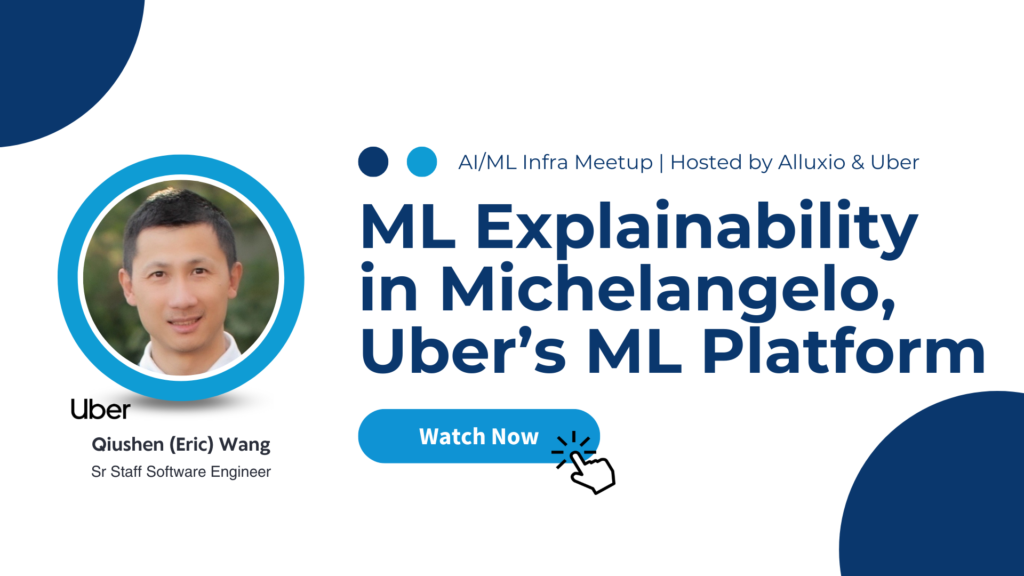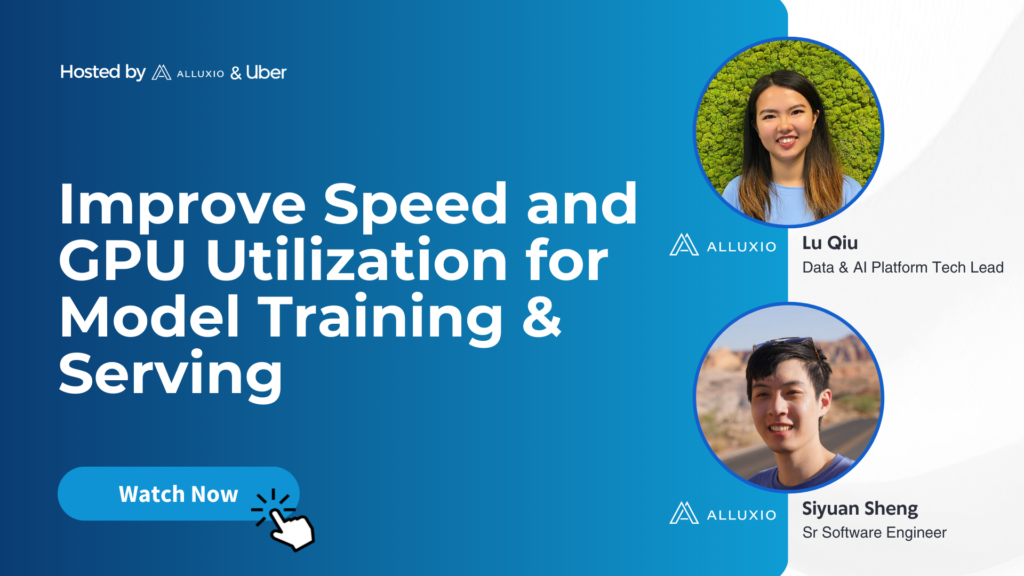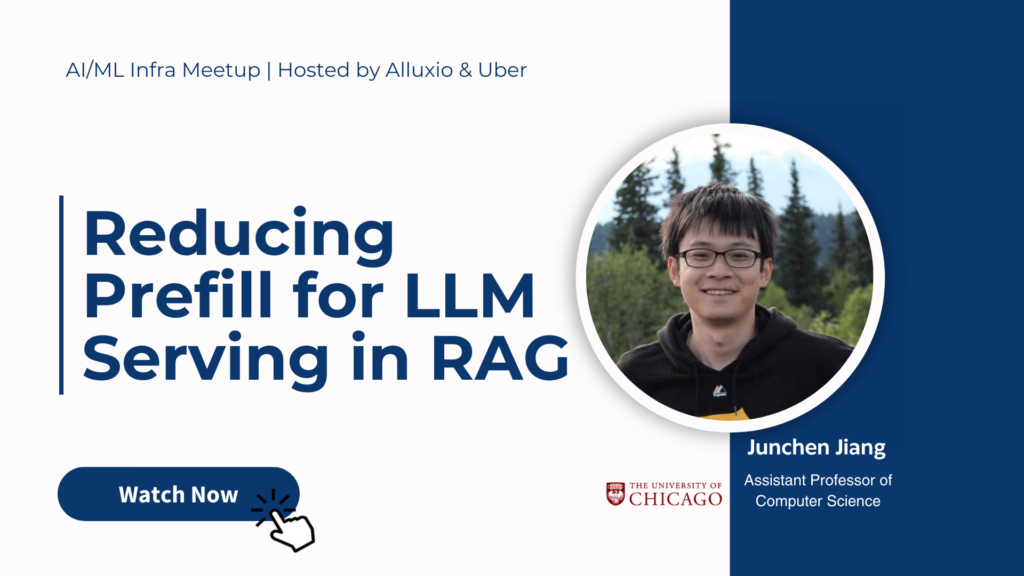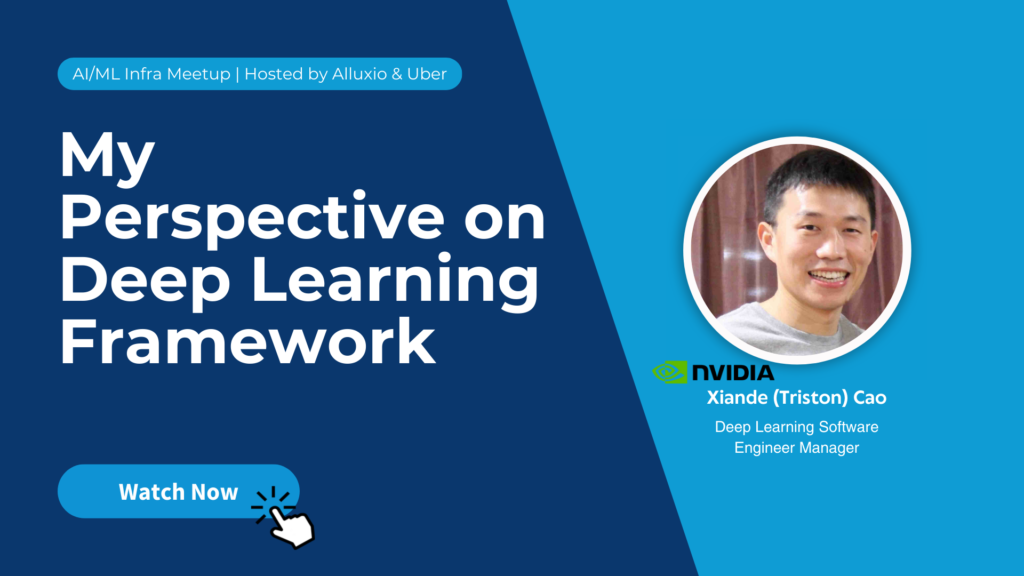AI/ML INFRA MEETUP @ UBER
Join leading AI/ML infrastructure experts for the AI/ML Infra Meetup hosted by Alluxio and Uber. This is a premier opportunity to engage and discuss the latest in ML pipeline, AI/ML infrastructure, LLM, RAG, GPU, PyTorch, HuggingFace and more.
This meetup will be in person at Uber Sunnyvale and live-streamed. Experts from Uber, NVIDIA, Alluxio and UChicago will give talks and share insights and real-world examples about optimizing data pipelines, accelerating model training and serving, designing scalable architectures, and more.
Immerse yourself with learning, networking, and conversations. Enjoy the mix and mingle happy hour in the end. Dinner and drinks are on us!
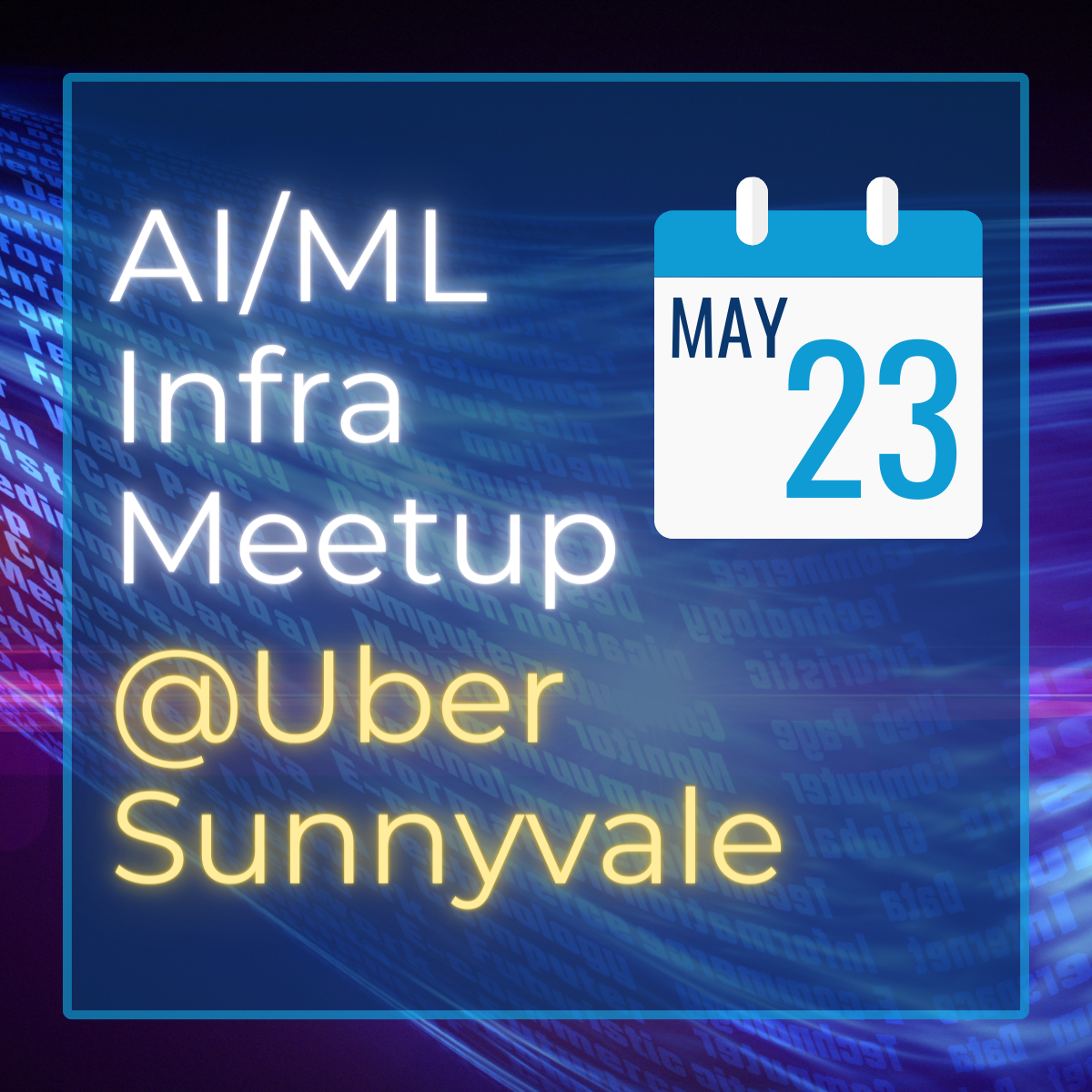
Improve Speed and GPU Utilization for Model Training & Serving
Lu Qiu, Alluxio & Siyuan Sheng, Alluxio
SPEAKERS
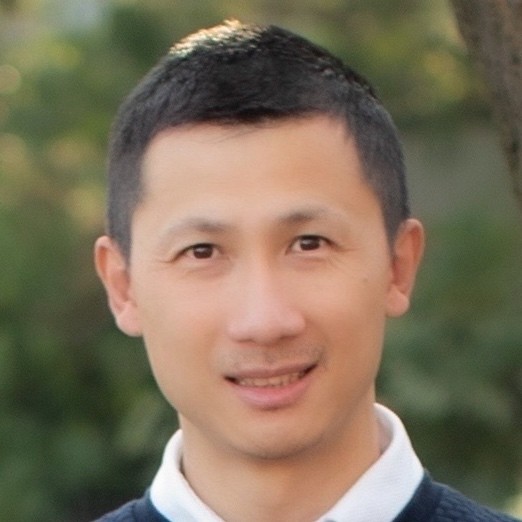
Qiushen Wang
@Uber
Sr Staff Software Engineer
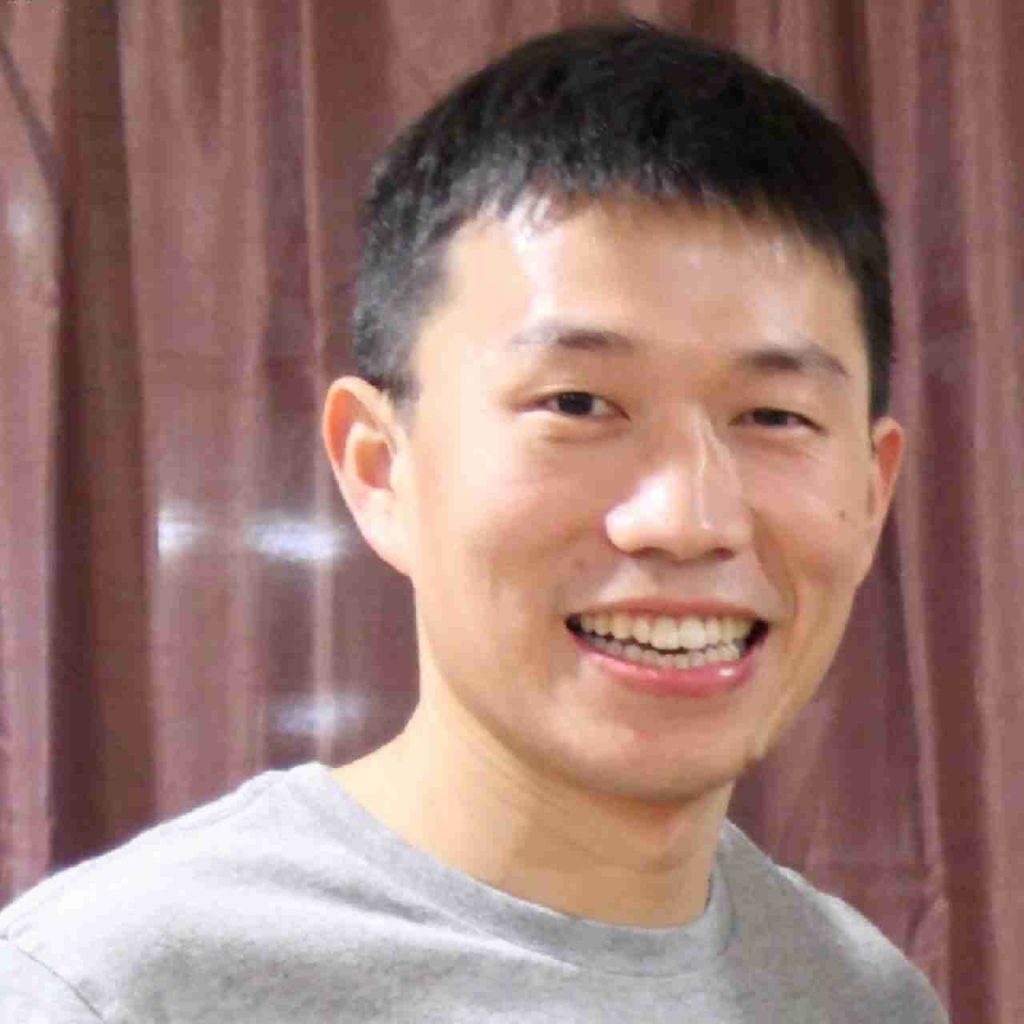
Xiande Cao
@NVIDIA
Deep Learning Software Engineer Manager

Junchen Jiang
@University of chicago
Assistant Professor of Computer Science
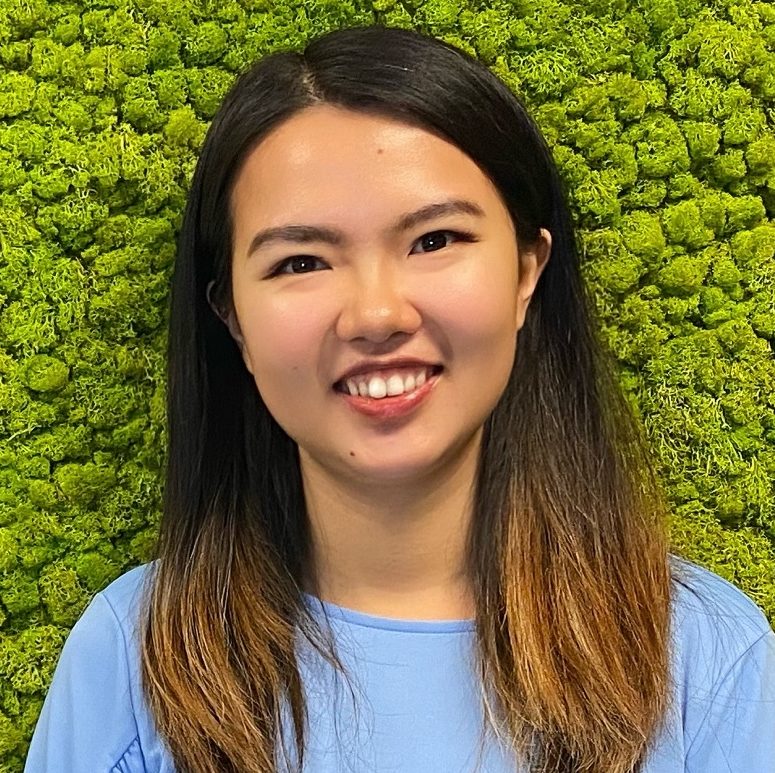
Lu Qiu
@Alluxio
Tech Lead
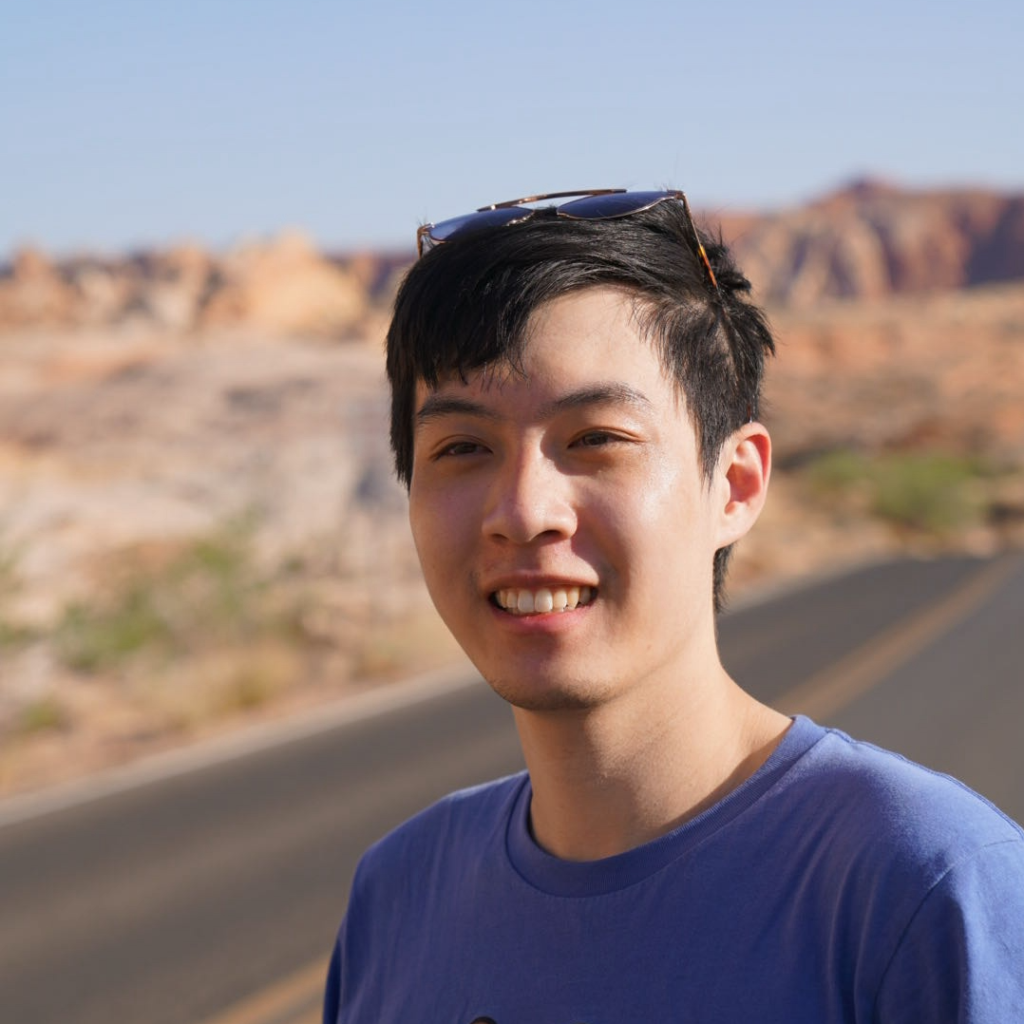
Siyuan Sheng
@Alluxio
Sr Software Engineer
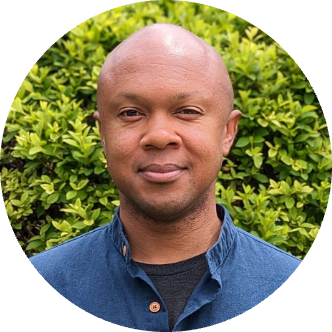
Tarik Bennett
@Alluxio
Sr Solutions Engineer
SCHEDULE-AT-A-GLANCE
Thanks for joining!
Times are listed in Pacific Daylight Time (PDT). The agenda is subject to change.

